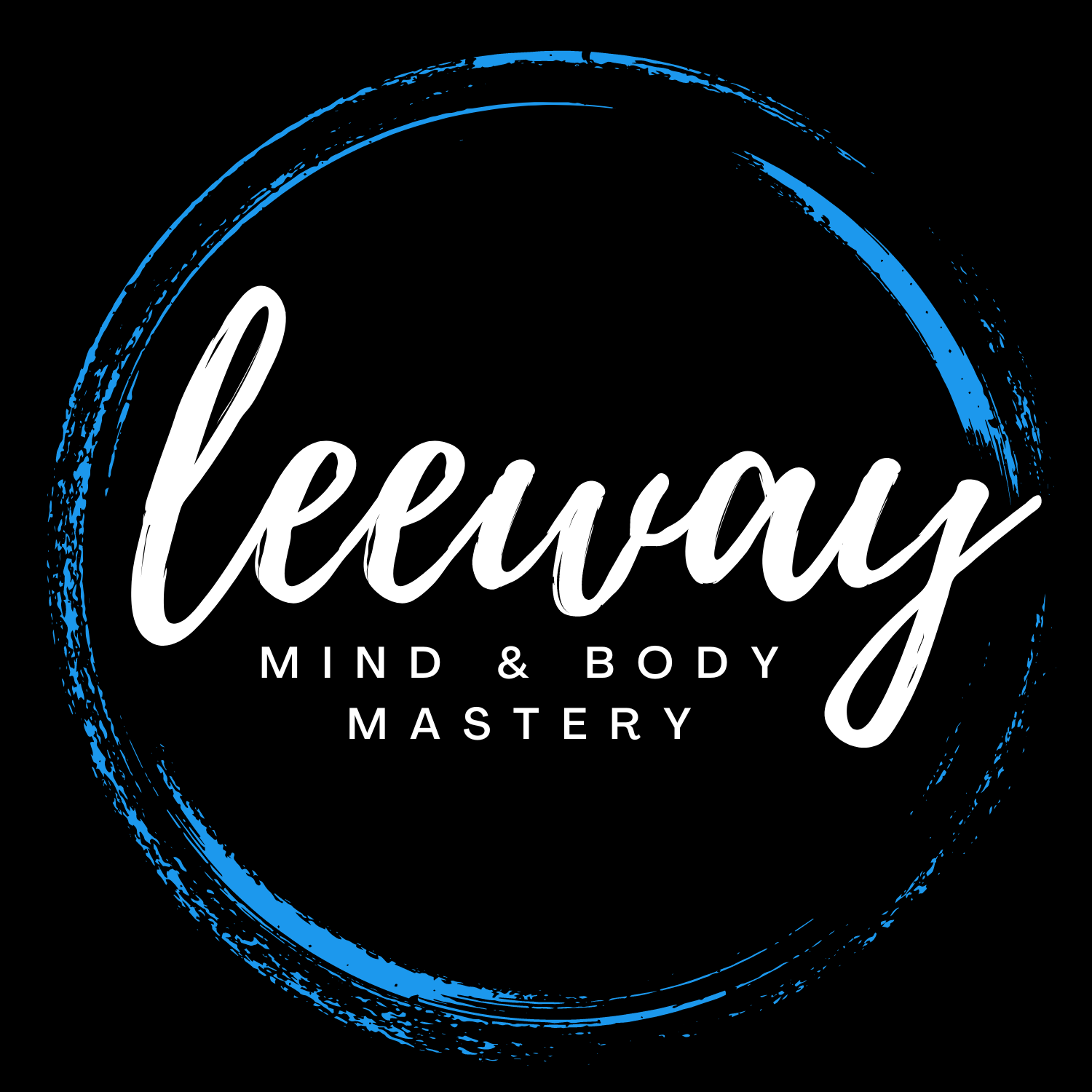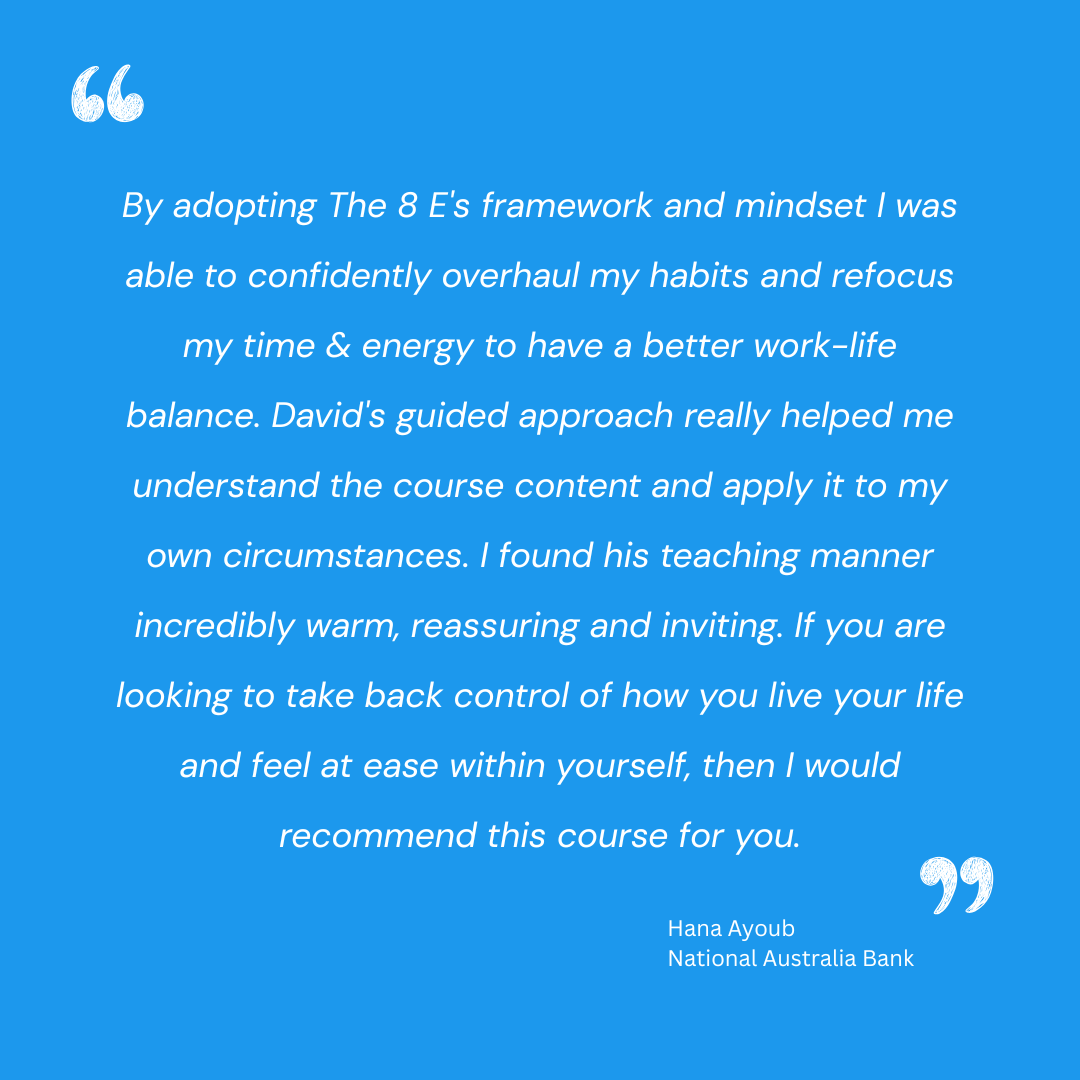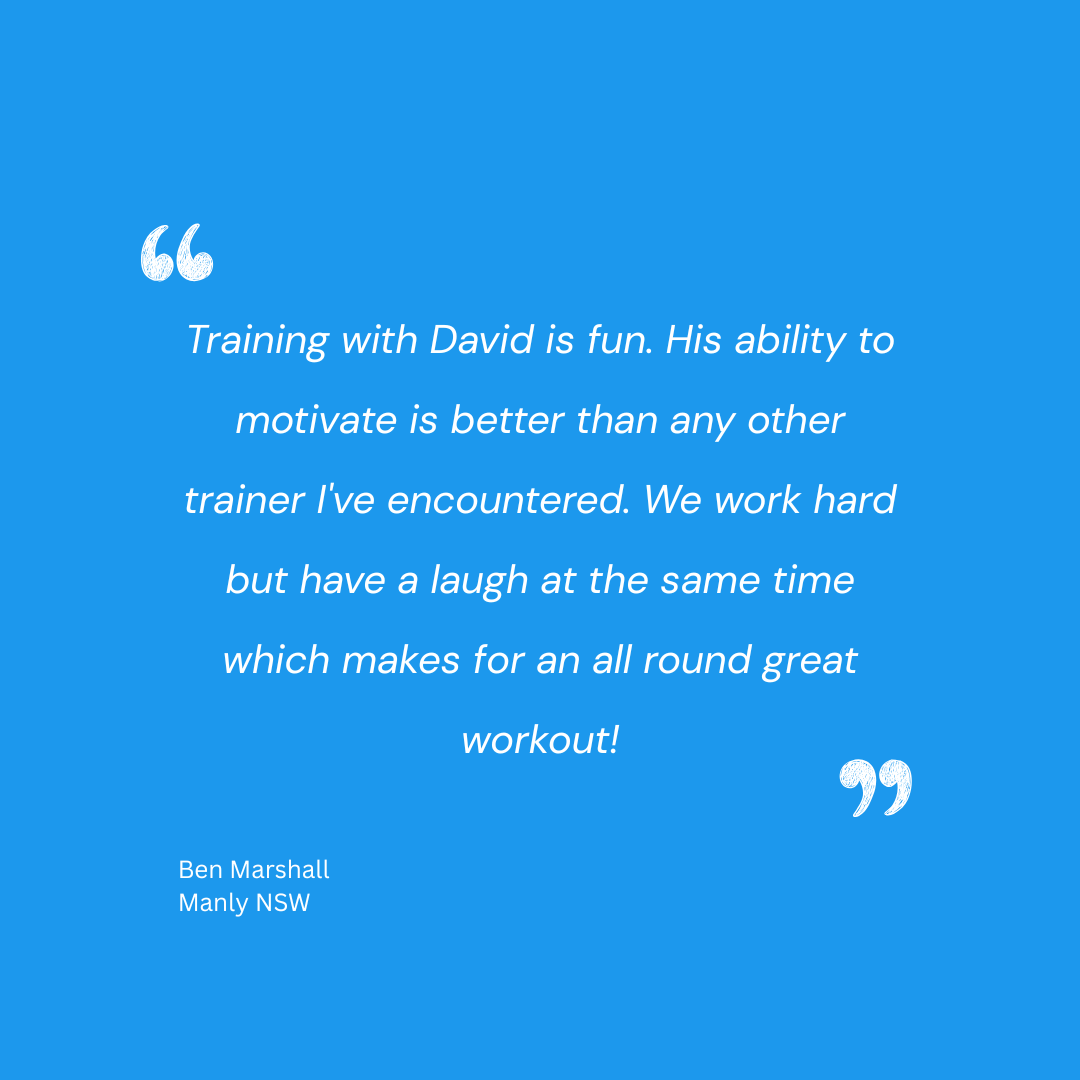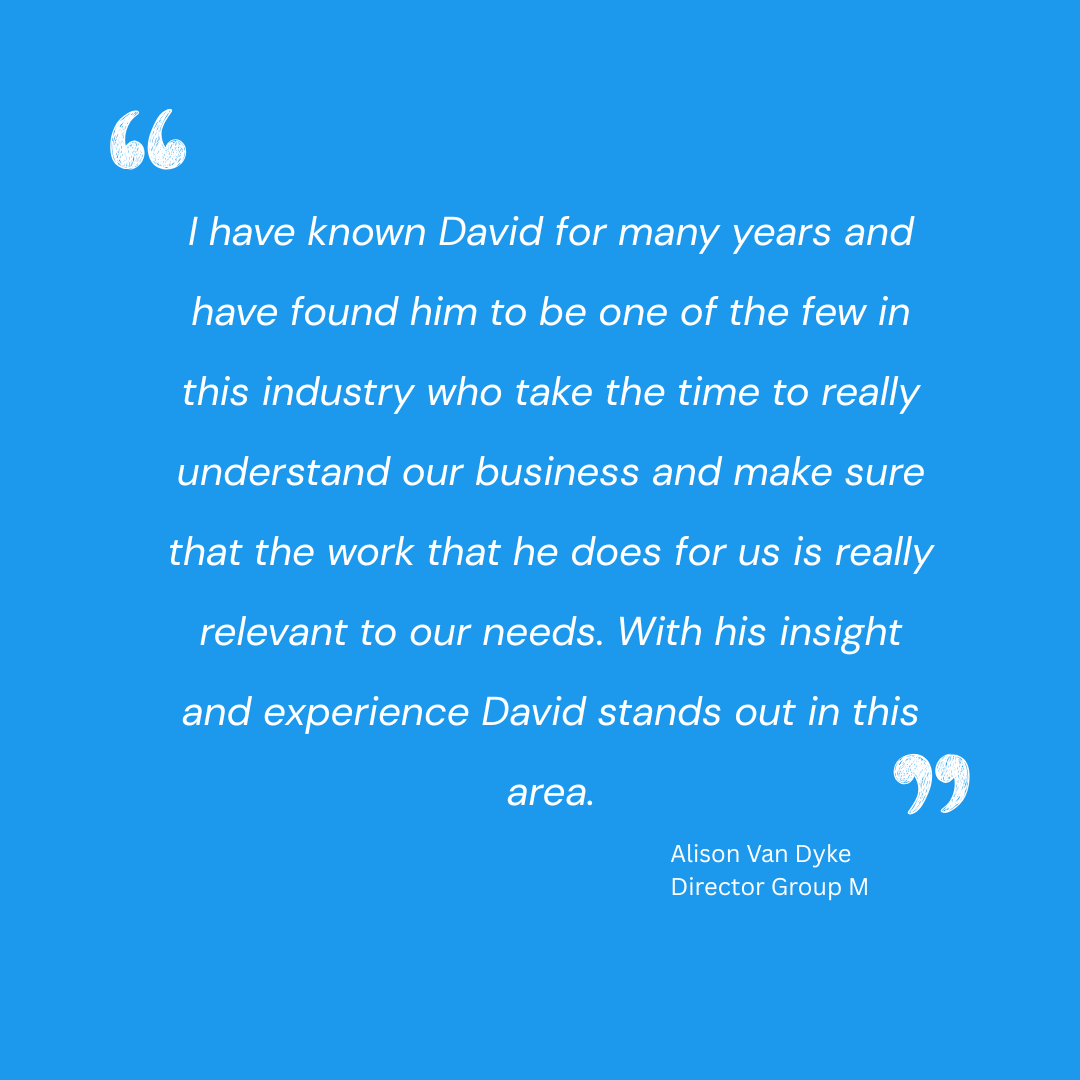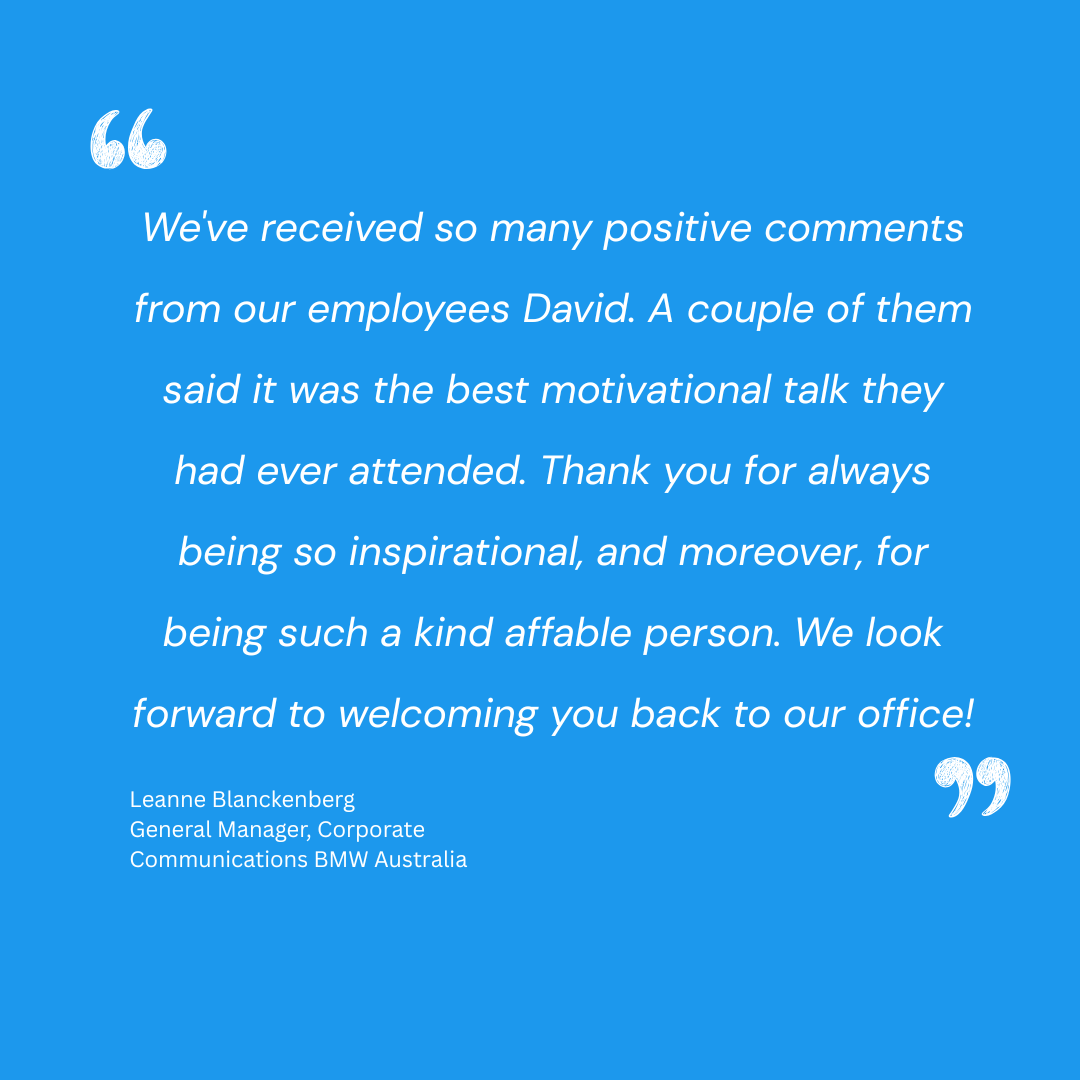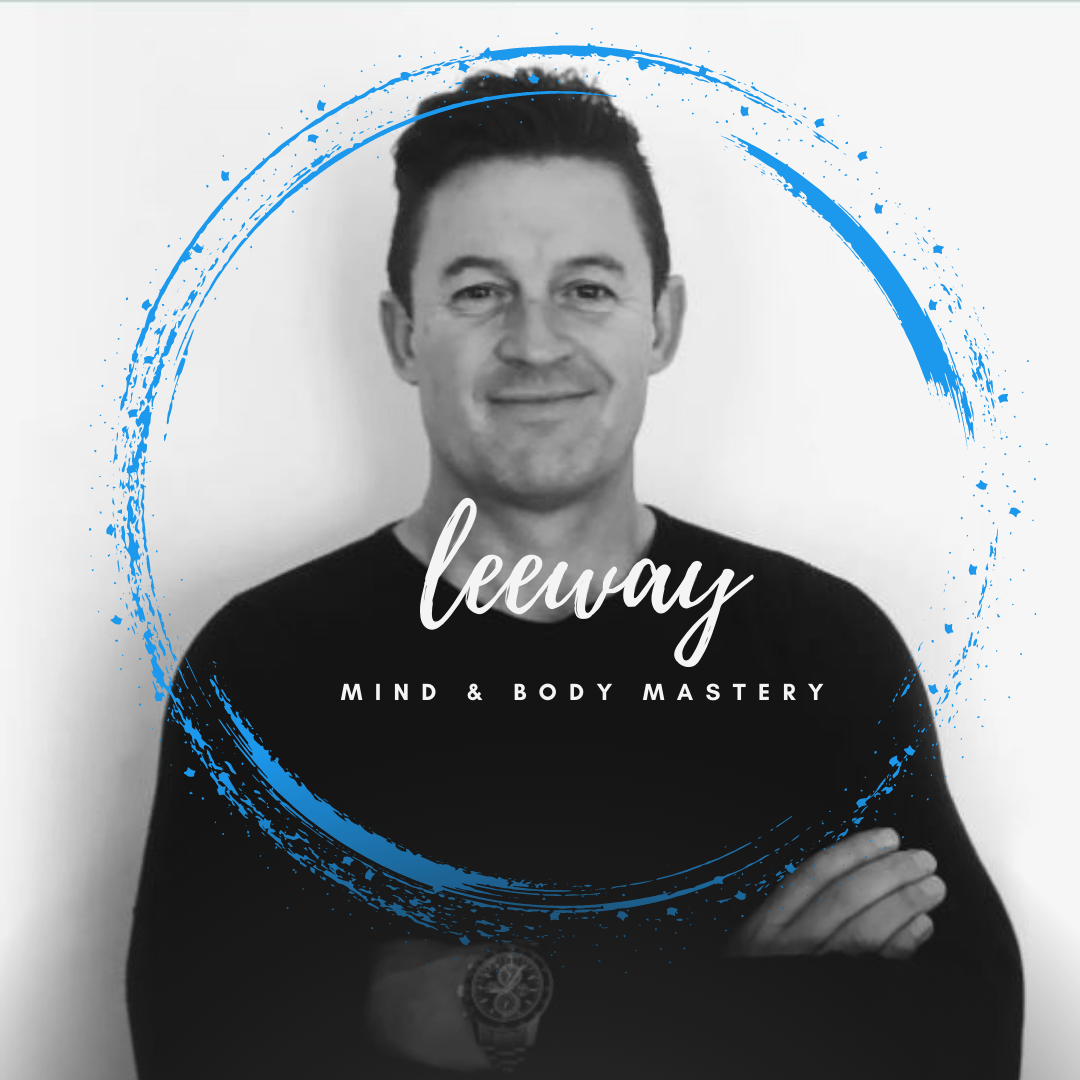Courage is what it takes to stand up and speak; courage is also what it takes to sit down and listen. Winston Churchill
In the virtual world we’ve managed to trade off the small talk of Covid for quite some time now and online networking events have been a bit icky and sometimes dominated by whoever shouted the loudest; blocking off everyone else’s mics.
Lately I’ve had increased demand for my ever-evolving networking course as we enter back into the fold, the name of which has stood the test of time.
L.I.S.T.E.N
Many people have not coped well at all with Covid and rather than think that they are resorting to Covid small talk as their only form of conversation try and follow my acronym for developing good networking and communication skills. L.I.S.T.E.N
Let’s say you are at your first industry function back, or even a Christmas party as an example.
You look around for someone you may know or for someone to connect with.
As you approach a group of people deep in conversation, you wouldn’t interrupt them with a “Hey everybody! I did Muay Thai this morning and I sprained my ankle!”
Your best bet and most respectful approach, would be to simply smile at someone in the group and stand there and L.I.S.T.E.N.
“The art of conversation lies in listening”― Malcolm Forbes
Eventually some kind-hearted person will say “Hi” and introduce themselves to you and in turn, you to the group.
You may after a respectful passage of time, be offered a conciliatory opportunity to add commentary or opinion to the conversation.
And now you…
L.I.S.T.E.N
L. Look in the eyes of the person you are speaking with as you talk to them & Look for their body language as a guide to stepping up your level of enquiry or enthusiasm – Communications experts estimate that 60% of our communications are represented by our body language.
“Listen with your eyes as well as your ears.”― Graham Speechley
I. Imagine / I. Intuit - Use your Imagination to ask intuitive questions that will put the person at ease or show them that you are interested in them and what they have to say. If they do resort to Covid small talk, imagine why they feel they must. Is this person nervous or guarded?
The true sign of intelligence is not knowledge but imagination: Albert Einstein
S. Seek first to understand, then to be understood. Stephen Covey’s 7 habits of highly effective people suggests that next to physical survival the greatest need of a human being is psychological survival – to be understood, to be affirmed, to be validated, to be appreciated.
“Most people do not listen with the intent to understand; they listen with the intent to reply.” –Dr. Stephen R. Covey.
T. Tame your tongue -don’t just be waiting for your turn to talk. As a kindergarten child I was a chatter box and was often asked by the teacher to put my index finger vertically over my lips, as a way to stop me from talking. The people who know me well, have noticed that when I am really listening, I automatically put my finger over my lips to ensure I stop talking.
The word ‘listen’ contains the same letters as the word ‘silent’.” Alfred Brendel
E. Empathise – How would you feel in their situation? Empathy is not sympathy. If you start to feel sorry for the person, you lose the role of servant, you are there to serve this person with strong companionship and either a shoulder to cry on, an ear to lean on, or as a sounding board for their problems, that not voiced, have been bouncing around in their heads.
“Listening is about being present, not just about being quiet.” – Krista Tippett
N. Never say No or But – say YES AND… if you have a differing opinion.
What’s worse is when you hear people say No, No, No, No, No – discrediting everything that you have just said OR when it is their turn to talk, saying “BUT, blah blah blah” everybody stops listening at this stage.
“Listen with your mouth closed and your heart open.” – Christine Toda
If you have a bit of trepidation around returning to the office and the workplace at one of the most sociable times of our business year, feeling you may have lost your moxie or mojo - or if you feel you dreaded socialising at the best of times, I hope this brief synopsis of my course helps you re-engage.
My number one piece of advice would have to be that whilst it is said of Covid “we have all been in the same boat” - we have all really been in the same ocean…
Some of us have weathered stormy seas many times before and have probably sailed through Covid in Yacht like fashion – others have flourished and launched profitable online businesses, finding themselves in luxury speed boats, some have been able to spend more quality time than ever with family, feeling like they have been on a cruise ship - whereas some people have felt like they are nearly sinking, just barely holding on to life rafts of despair.
So, as you step off your Yacht or even release your grip on your life raft, don’t be too afraid of how you are going to go heading back into work or socialising over this coming festive season. We’ve all been in the same ocean and surprisingly everyone, no matter how confident they may appear on the outside, has some trepidation around returning to ‘normality’
My second piece of advice for attending functions… Arrive early! (which is on time in my books) Navigating a bustling room of revelers is difficult for the most seasoned networkers. It’s hard enough to hear yourself think let alone LISTEN to someone talk -
Big or Small …
Listen Well
DL
If you really want to learn to LISTEN and improve the quality of your relationships please book a complimentary 15 minute meeting with me, where I will LISTEN to you for 10 minutes and you can LISTEN to me for 4.. that will leave 1 minute for you to decide whether we you want to learn to LISTEN be heard or remain a part of the herd...
Don’t keep this to yourself. Spread the word.


